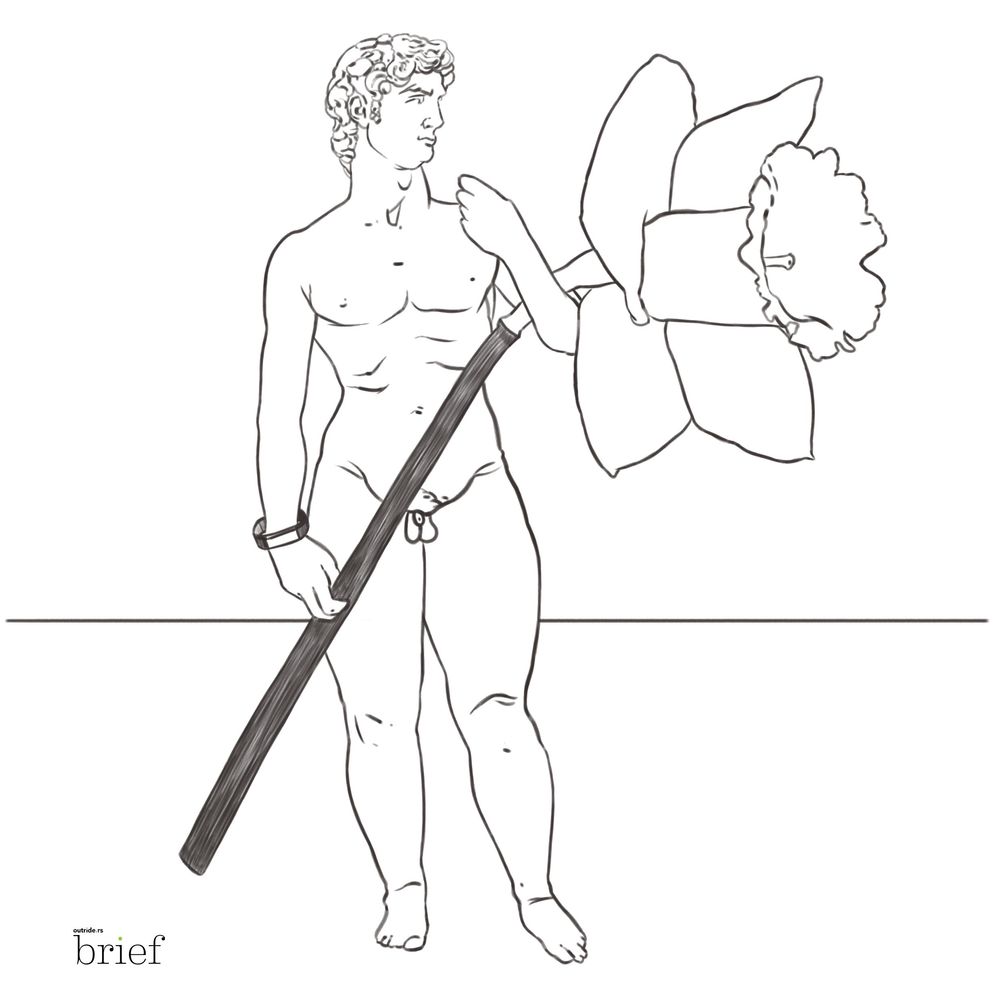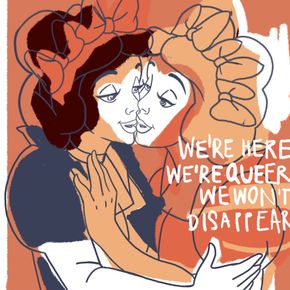The mass graves in Spain and conflicts over museums in India
The Spanish government approved the new Law on Democratic Memory (“Ley de Memoria Democrática”) that will make the state responsible for unearthing the mass graves from the era of civil war and the dictatorship of Francisco Franco. About 100 000 victims stay in unmarked graves across the country. According to Amnesty International, that number is surpassed only by Cambodia. The draft bill is to, i.e. secure finances for the exhumations, create a DNA database, and prepare the legal framework for the investigation of human rights abuse of that time. It is a part of the continuous process of handling the Spanish past. In 2019 Franco’s remains were moved from the mausoleum in the Valley of the Fallen, and the new law would turn the place into an educational site about the dictatorship. The bill still needs to be approved by the parliament. The right-wing opposition accuses the government of using the past to divert the public’s attention from the country’s problems with the pandemic.
A museum in Agra, India is to be renamed and refocused to cover Hindu, not Muslim Mughal dynasty history. The move is criticized by the government’s opposition as another one in a series of actions that discriminate against the Muslim minority. The museum will now bear the name of Shivaji Bhosale I – an Indian warrior-king who did not have much to do with the region. It’s not the first time when the role of Muslims in India’s history is contested. In 2017 Yogi Adityanath, chief minister of the north Indian state Uttar Pradesh, considered taking out Taj Mahal (also located in Agra and built by Mughals) from the region’s tourism brochures.
Congolese activists put online a stream of the protest during which they stole an African funeral statue from the Afrika Museum in Nijmegen, Netherlands. The activists claimed that they were recovering the artwork that was looted by Belgians during the colonial era. Last year a group of Dutch museums, including Afrika Museum, presented a set of principles they will follow in handling claims on artefacts in their collections.


























